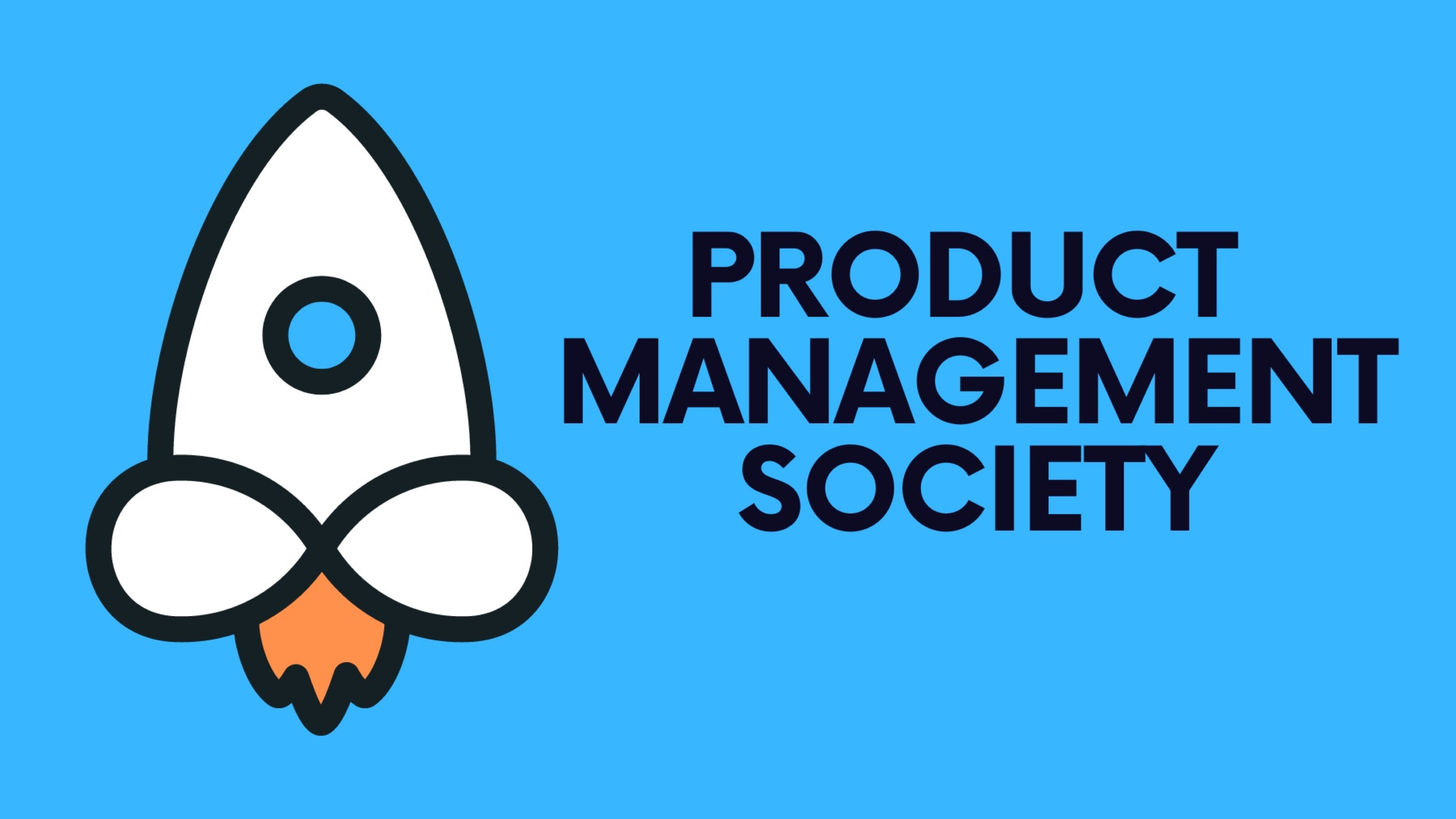Product management spans various industries, each presenting unique challenges requiring specific skills and strategies. Understanding the nuances of product management across different sectors can provide valuable insights for professionals looking to expand their expertise or pivot their careers. This article offers a comparative analysis of product management practices in technology, healthcare, finance, and consumer goods, highlighting key differences and commonalities.
1. Technology Sector
Focus: Rapid innovation and the integration of the latest technological advancements.
Challenges: Keeping pace with technological change and managing short product life cycles.
Strategies: Emphasize agile development, continuous integration and deployment, and a strong focus on user experience.
Skills: Technical proficiency, data analytics, and user research are crucial.
2. Healthcare Sector
Focus: Product efficacy and safety, compliance with stringent regulatory standards.
Challenges: Navigating complex regulations, ensuring patient privacy, and managing long development cycles.
Strategies: Rigorous testing and validation processes, stakeholder engagement (including clinicians and regulatory bodies).
Skills: Understanding of healthcare regulations, clinical environments, and empathy for patient needs.
3. Finance Sector
Focus: Security, reliability, and compliance with financial regulations.
Challenges: Managing financial risk, adhering to global and local regulations, and addressing the evolving needs of digital banking consumers.
Strategies: Strong focus on security features, robust data protection, and regular compliance audits.
Skills: Financial expertise, risk management, and regulatory knowledge.
4. Consumer Goods Sector
Focus: Market trends, consumer preferences, and brand differentiation.
Challenges: Coping with market competition, maintaining brand loyalty, and innovating within physical product limitations.
Strategies: Market research to inform product design, emphasis on branding and marketing, and supply chain optimization.
Skills: Market analysis, supply chain management, and consumer psychology.
5. Comparative Analysis
Commonalities:
- All sectors require a deep understanding of the customer, clear communication with stakeholders, and the ability to adapt to market changes.
- Strategic thinking and problem-solving are universally important, regardless of the industry.
Differences:
- The extent of regulatory involvement varies significantly, with healthcare and finance being much more regulated than technology and consumer goods.
- The pace of innovation and product development cycles can differ greatly, with technology often moving faster than the heavily regulated healthcare sector.
6. Navigating Industry Transitions
Transferrable Skills: Project management, stakeholder engagement, and data-driven decision-making are valuable across all sectors.
Adapting to New Industries: Product managers who switch industries should focus on understanding specific industry challenges and terminology, possibly through targeted training or certifications.
Conclusion
Product management is a dynamic field that adapts to the contours of various industries. While the core principles of understanding customer needs and managing product life cycles are consistent, applying these principles can vary widely. By examining the differences and similarities in product management across sectors, professionals can better prepare themselves for challenges and opportunities in their current or future roles.
Stay tuned for our next article, in which we will examine the role of product managers in startups compared to large corporations.
If you’re finding this newsletter valuable, consider sharing it with friends, or subscribing if you aren’t already. Also, consider coming to one of our Meetups and following us on LinkedIn ✨
Thanks for reading Product Management Society! Subscribe for free to receive new weekly posts 🚀







